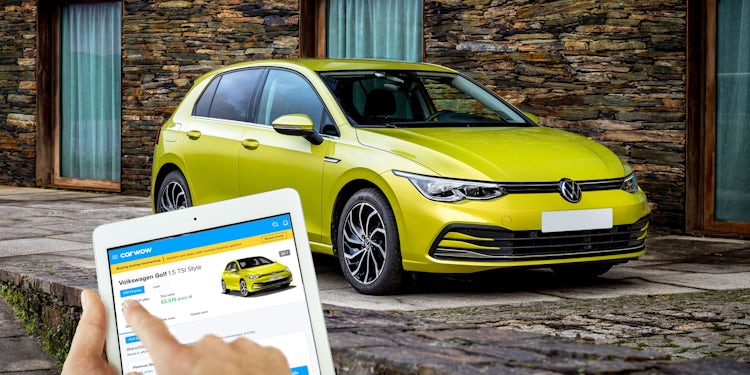Car buying advice during coronavirus
What you need to know to make the buying process as easy as possible during coronavirus

The coronavirus (COVID-19) outbreak is a difficult and challenging time, but we all know that some people still need a car. This guide will show you what you need to consider if you are planning on buying or selling a car now. Swipe further down this guide for more car advice you may need at this time.
Build your perfect car on carwow. Dealers come to you with their best deals. Compare the best prices on carwow.
Select a carQuality cars from approved dealers
New car deals sourced from trusted dealers. Get the best price upfront with no need to haggle
Ad-free unbiased recommendations
Our car reviews are totally independent and come with verdicts you can trust
Buy with confidence
Simply contact your preferred dealer to book a test drive. You can discuss all the details, then buy direct with a full UK warranty.
Discover more great prices and deals available on carwow
Nearly new car deals
Approved used cars
Car leasing
On carwow you can easily compare the best new car offers from local dealers and national dealers. Compare by price, location, buyer reviews and availability. Experience car buying without any of the usual hassle and haggle!
Get started